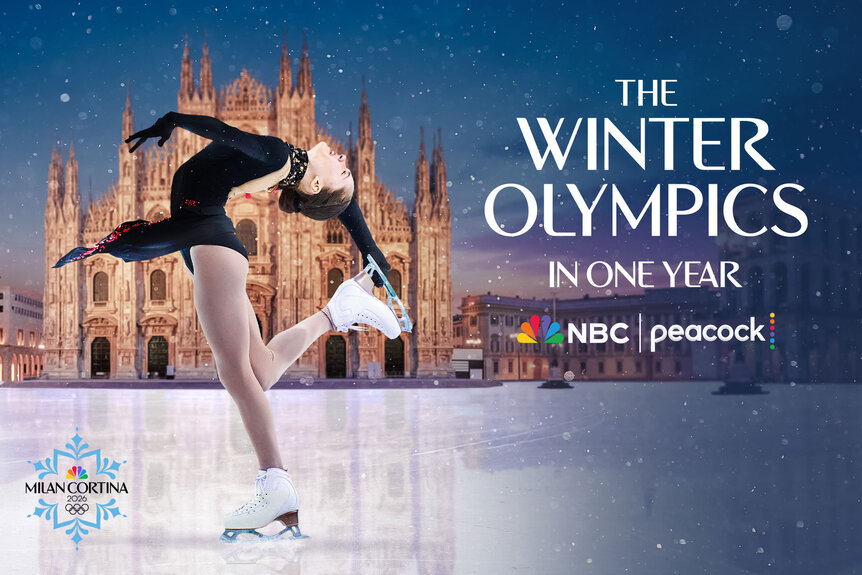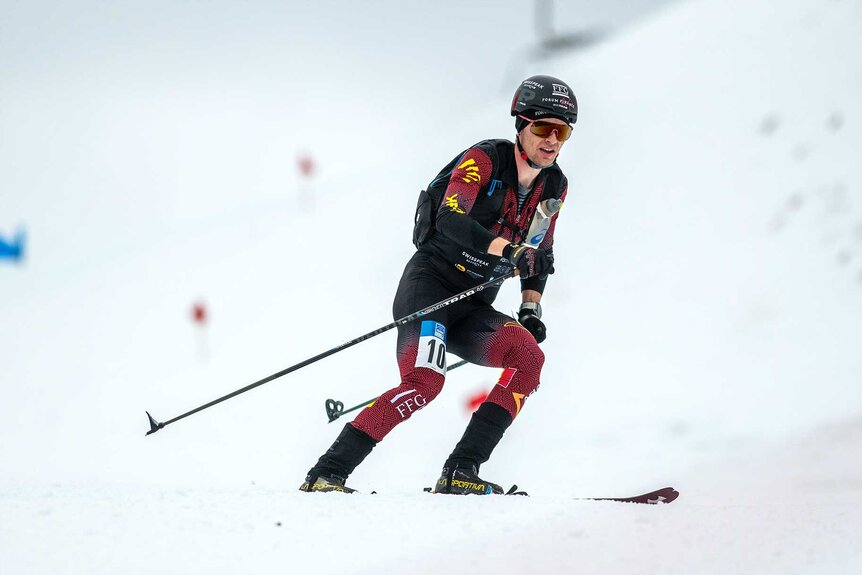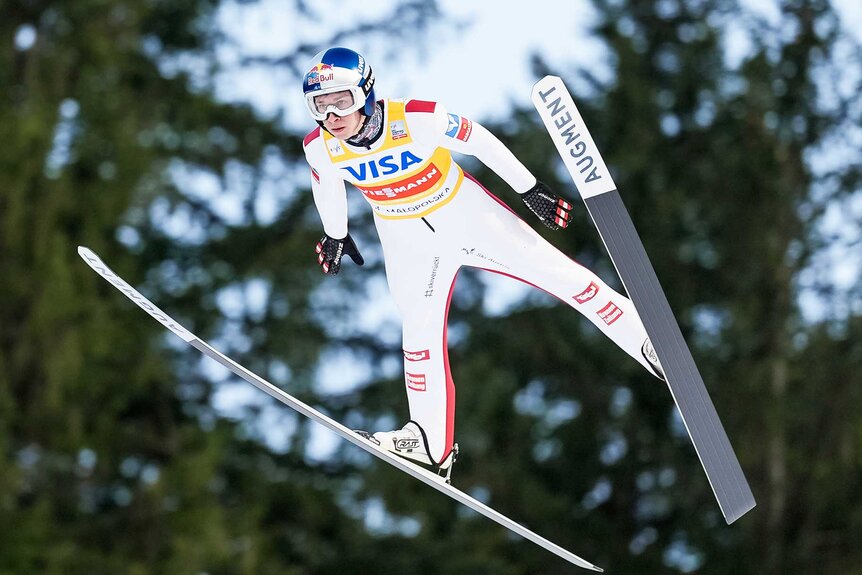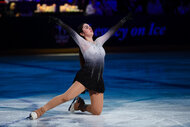There's an Intriguing New Sport Being Added to the 2026 Winter Olympics — Find Out More
The 2026 Winter Olympics in Milano Cortina will feature eight new events, including an alpine sport making its Olympic debut.
The forecast calls for a new wintry mix in Milano Cortina.
That's right, the 2026 Winter Olympics are coming in one year, exclusively on NBC and Peacock, but excitement is building over eight new additions to the lineup of events.
There is a major new sport that will be making its Olympic debut — ski mountaineering, which encompasses three events. Other debuts marked for 2026 include new events in established categories: men’s and women’s dual moguls, women’s luge doubles, a skeleton mixed team event, and women’s large hill ski jumping.
Increasing diversity was a major factor in the decision making as to which new sports to include.
“We have made significant progress to close the gender gap at the Olympic Winter Games,” IOC President Thomas Bach said in a statement when the new categories were introduced in July 2022. “We are moving from 40 per cent female participation at Sochi 2014 to 47 per cent in Milano Cortina. We are committed to continuing to advance gender equality, and Milano Cortina will be another key milestone in this endeavor.”
RELATED: Noah Lyles Opens Up on COVID Diagnosis, His Top Paris Memory, and What's Next
When and where will the next Olympics be held?
The 2026 Winter Olympics and Winter Paralympics will have an Italian flare, with the scale so big that the events will be held in two locations: Milan, the second most populated city in Italy, and Cortina d’Ampezzo, a town that hosted the Winter Olympics in 1956. Milan will host the Opening Ceremony and a number of important winter sporting events, including ice hockey and figure skating. Meanwhile, Cortina d’Ampezzo will be the site of the major skiing and other alpine events, including bobsled and skeleton.
The Winter Olympics will be held from February 6 through February 22, 2026, with the Paralympics taking place one month later, from March 6 through March 15. Roughly 2,900 of the top winter athletes on the planet will compete for 114 sets of the most prestigious medals in sports.
What new sports are being added to the Winter Olympics for 2026?
Ski mountaineering will be a brand new official Olympic sport for these games, and includes three events – a men’s sprint, a women’s sprint, and a mixed-gender relay.
What exactly is ski mountaineering? It’s a timed event in which competitors climb a mountain course and then descend on skis. Fans often call the sport by the nickname, “skimo.”
The other new events come from established sports:
- Skeleton: Mixed team
- Luge: Women’s doubles (as well as men’s doubles replacing an open doubles)
- Freestyle Skiing: Women’s dual moguls, men’s dual moguls
- Ski Jumping: Women’s large hill individual
To make way for the new sports, the Alpine mixed team parallel event was nixed. That event debuted at the 2018 PyeongChang Winter Games.
IOC officials also noted that the Alpine skiing combined events are included provisionally and are subject to further review given tepid audience numbers over the previous three Winter Olympics. Nordic combined is the only Olympic sport without female representation, according to ESPN.
How new sports are considered for inclusion at the Olympic Games
The Olympic Games, both summer and winter, as well as the Paralympics, evolve over time with new sports being added and less popular events pruned.
There are strict guidelines and restrictions about the changes to the “sports programme” for an upcoming Olympics. Every sport must be governed by an international federation that is recognized by the IOC. Considerations are often given to the cost of the event and the number of total athletes at the games, and the breadth of the sports' popularity.
“The Olympics are constantly evolving, it’s trial and error,” Bob Barney, professor emeritus at the University of Western Ontario and an Olympic historian told NBC Insider ahead of the 2024 Summer Games. “(The International Olympic Committee) will try something and if it works great, they will embrace it, they will refine it, they will carry it on. If it doesn’t work, well, back to the drawing board.”
Originally published Feb 6, 2025.





















